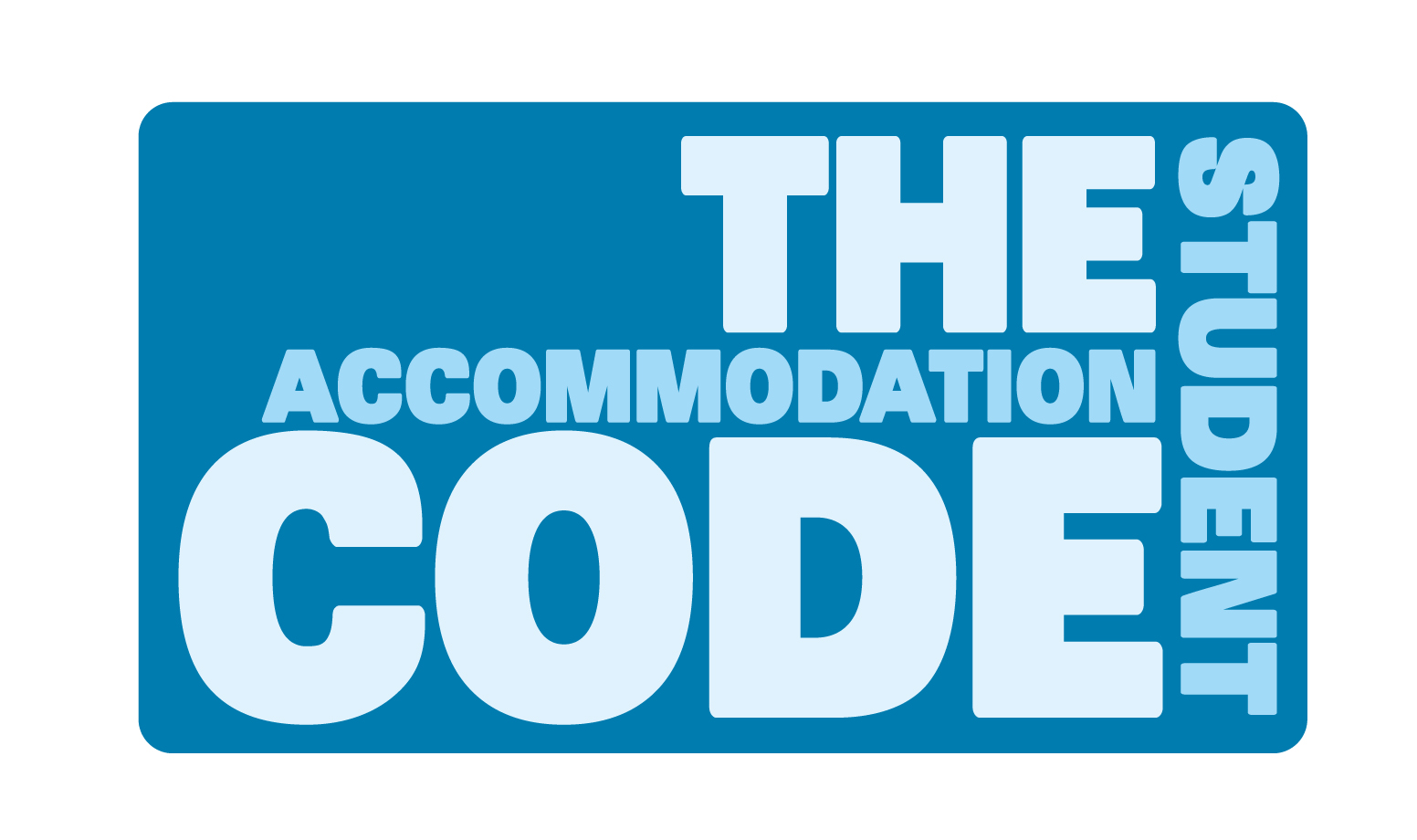Wellbeing
Focus on fraud: Money mules

This post was written by the Advice and Counselling Service at Queen Mary.
The start of term is an exciting time not just for students but for criminals on campus.
They can infiltrate actual or virtual friendship groups, claiming to be friends of friends. They’ll have fake names and fake Queen Mary IDs. They target vulnerable students, perhaps students who are new to the UK, who haven’t lived in London before, or students who have a disability. They’ll offer cash in return for a small favour: allowing access to your bank account. No matter how tempting, don’t be fooled. They’re asking you to become a money mule and commit a crime. This post explains more about money mules and how to protect yourself.
What’s a money mule?
A money mule is someone who allows another person to access their bank account. You might not realise it, but if you do this, you might be committing a crime, especially if you are offered a financial incentive for doing so. Specifically, you might have inadvertently involved yourself in money laundering by becoming a money mule – the term for someone who allows their bank account to be used, usually by criminals, to transfer money into and out of.
And if you are, or have been tempted, take a moment to consider the origins of the money that would be flowing through your account: Where did it come from? How was it made? The likelihood is your account could be one of hundreds used by national or international gangs involved in violent crime, people- and sex-trafficking and large-scale drug dealing.
According to HM Revenue and Customs, six in ten money mules are under 30 with most being recruited between ages 17 and 24 at universities – either online, in person, or via friends and family. Students are particularly at risk as they are young, often away from home for the first time, or in a new country with social, economic, and peer pressures that can affect their judgement.
There are plenty of online videos showing the risks involved such as NatWest Bank’s Money Muling: A Student Crisis. The Money Helper webpage also explains more about money mules: Money mules – what are they and could you fall victim?
What are the advantages to criminals?
The great thing for criminals about using students is that that students’ bank accounts are likely to be “clean”, so the money laundering activity can go on undetected. Another bonus for the criminal gang is that any consequences hit the “mule” and not the criminal. And the hit can be quite big: up to 14 years in prison for knowingly allowing your bank account to be used for fraud.
Whilst teenage victims (sometimes as young as 14) may not fully understand the repercussions of allowing their bank account to be used to launder money, according to HM Revenue and Customs it may be more difficult for university students to rely on this defence. However, the Metropolitan Police have said their focus is firmly on finding and prosecuting the criminals who are using money mules rather than those who are duped into becoming one. But that doesn’t mean you wouldn’t be prosecuted and face criminal proceedings.
How can I protect myself?
HM Revenue and Customs’ advice is:
- Be suspicious of job adverts that offer the chance to earn quick and easy money. Stick to reputable job sites and remember that if something looks too good to be true, then it probably is.
- Don’t sign up for any opportunity without first undertaking careful checks. eg. fully research any prospective employer. Do they have an online presence? Are the contact details legitimate? Is the company based overseas?
- Don’t engage with any online posts offering large sums of money.
- Don’t accept message requests from people you don’t know, and if you receive a message with a link to click from a friend, speak to them in person before you respond.
- Don’t share bank and personal details with anyone that you don’t know or trust – even among friends or family.
- If someone asks to ‘borrow’ your bank account, say no. Always remember that if you aren’t sure about the source of the money, it could have come from criminal activity, and you could unwittingly be laundering money and end up with a criminal conviction.
I’ve been approached to become a money mule
HM Revenue and Customs advises that you:
- Break off all contact with the person/company, don’t receive or move any money, and ask for advice from someone you trust.
- Criminals operate in silence – by talking about it, you are protecting others. Report it by calling local Police on 101 or 999 in an emergency.
- Contact the HMRC Fraud Hotline quoting reference: IFMM23. You do not have to give your name or contact details unless you want to.
- Contact the independent charity CrimeStoppers 100% anonymously online, or by calling 0800 555 111, quoting ref: IFMM23.
- If you see it online, click the button to report it to the social media companies to get it taken down. If you think someone you know is already involved, go to the NCA website for advice.
- If criminals have already got your personal information, report it to Action Fraud National Fraud & Cyber Crime Reporting Centre on 0300 123 204
If you have been involved in money laundering, whether knowingly or not, get independent legal advice about your options from a solicitor or local law centre.
Money laundering is just one of many types of fraud affecting students. See our Protect your money from scams and fraud web page for lots of advice and information on other scams and fraud that commonly target students.
Topics
- Read Next
-
 Donate your unwanted items to the Reuse Fair!
Donate your unwanted items to the Reuse Fair!
 End of Term Celebration
End of Term Celebration
Bob Ross Painting on the Canal
 Trip: Crossrail Place Roof Garden
Trip: Crossrail Place Roof Garden
 Taylor Swift Eras Tour Singalong
Taylor Swift Eras Tour Singalong
 Halls May Events Calendar
Halls May Events Calendar
 Beer & Pizza Nights - only £3!
Beer & Pizza Nights - only £3!
 Cookie Positivity
Cookie Positivity
 Genesis Cinema
Genesis Cinema
 Ice Cream on Tour
Ice Cream on Tour
- Popular
-
 The Residential Services Online Shop
The Residential Services Online Shop
 How do I get my Residents' Rewards Card?
How do I get my Residents' Rewards Card?
 Queen Mary Food pre-paid meal plans - ON SALE NOW!
Queen Mary Food pre-paid meal plans - ON SALE NOW!
 How to contact Security at Queen Mary
How to contact Security at Queen Mary
 The Queen Mary Zero Waste Shop
The Queen Mary Zero Waste Shop
 Aspire Point 101- Quick Guide to Aspire Point FAQs
Aspire Point 101- Quick Guide to Aspire Point FAQs
 How to Report Maintenance Issues in Queen Mary Halls
How to Report Maintenance Issues in Queen Mary Halls
 Introducing the Residential Welfare Team
Introducing the Residential Welfare Team
 Receiving post to halls?
Receiving post to halls?
 Guarantor scheme with Housing Hand
Guarantor scheme with Housing Hand


